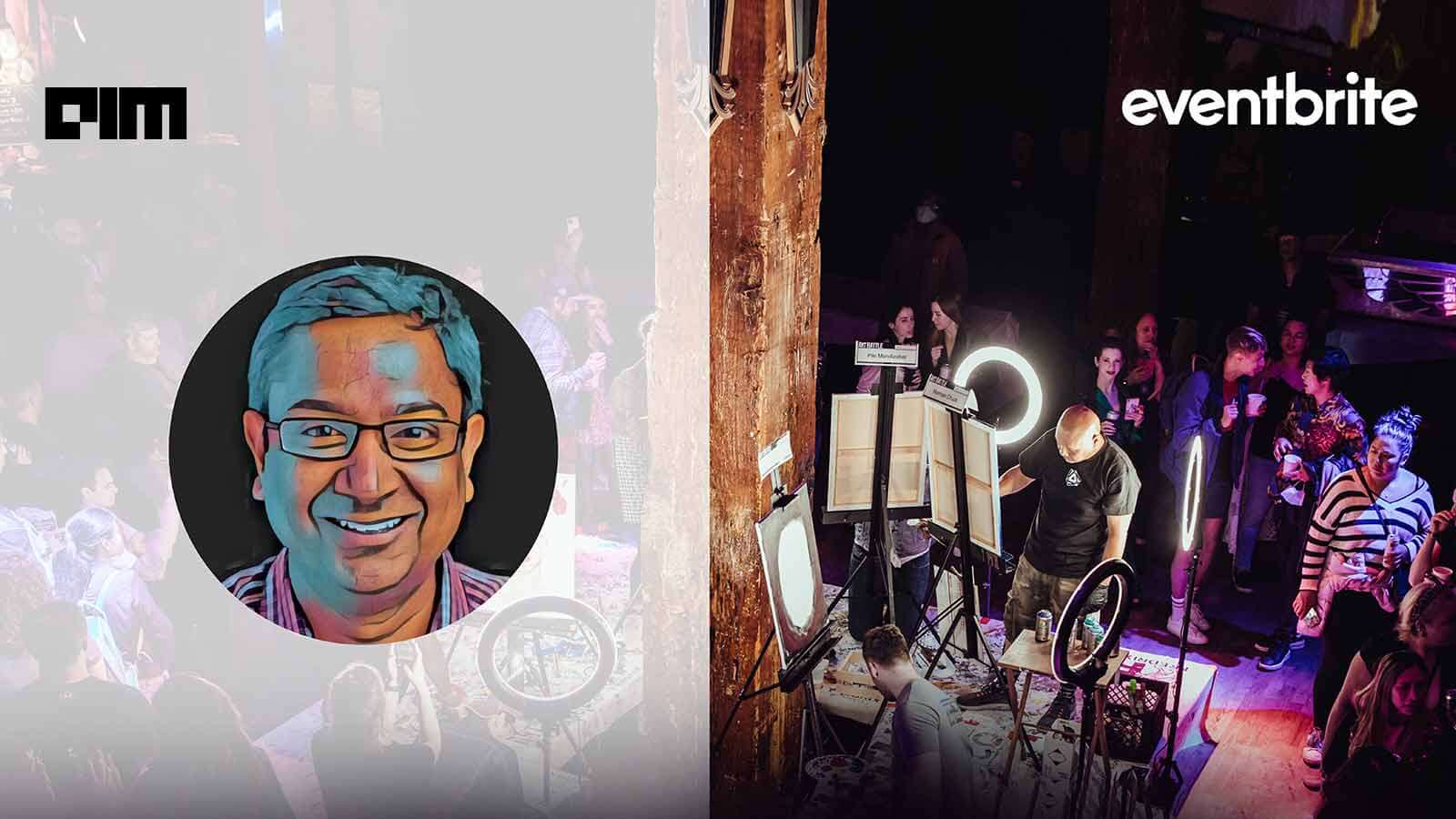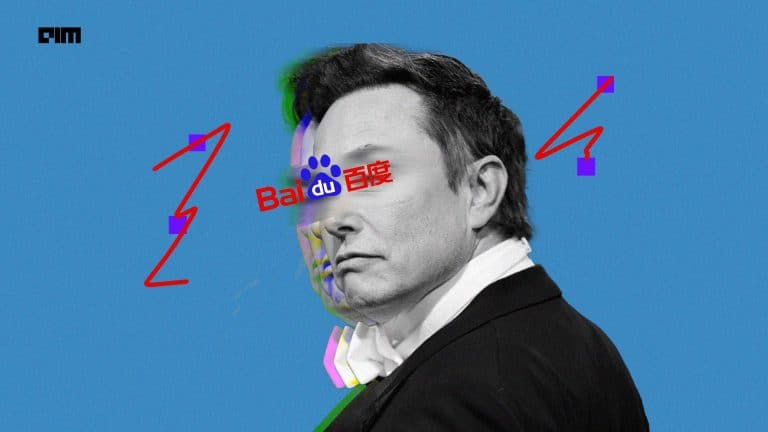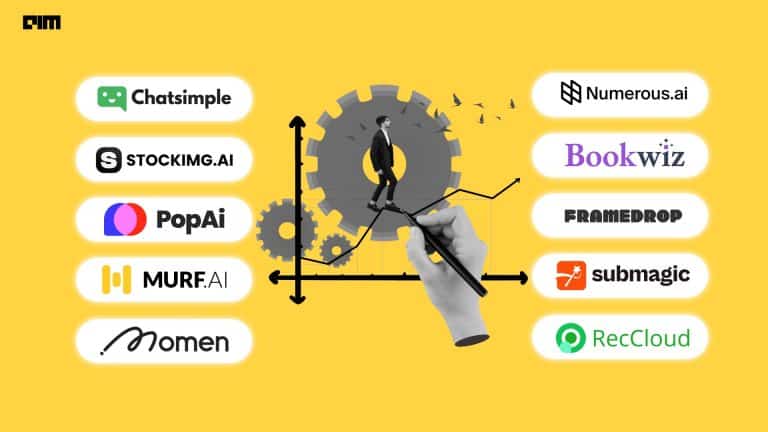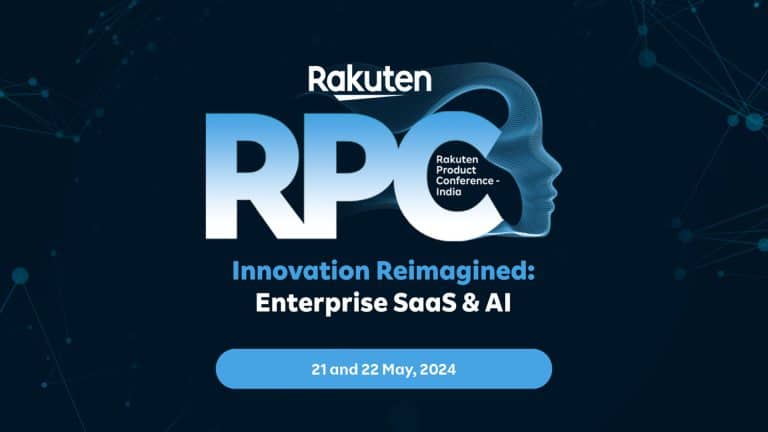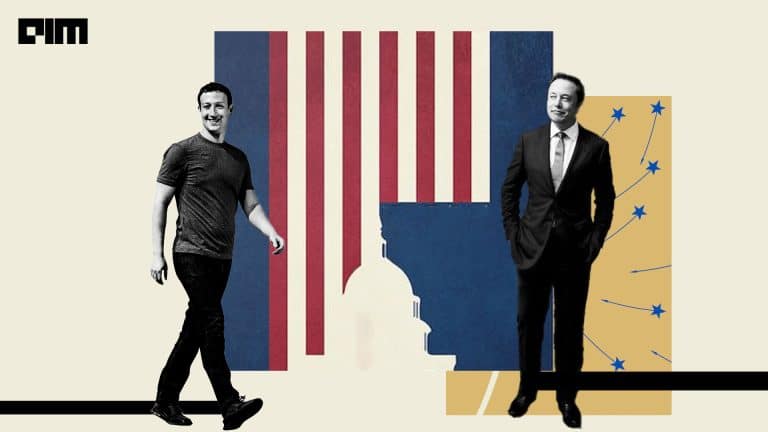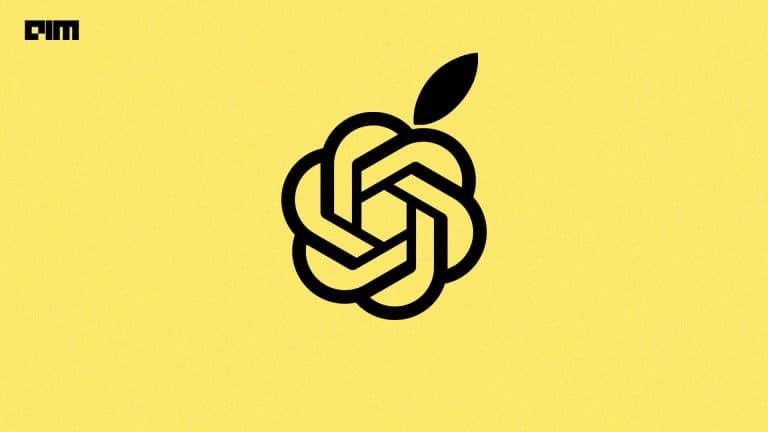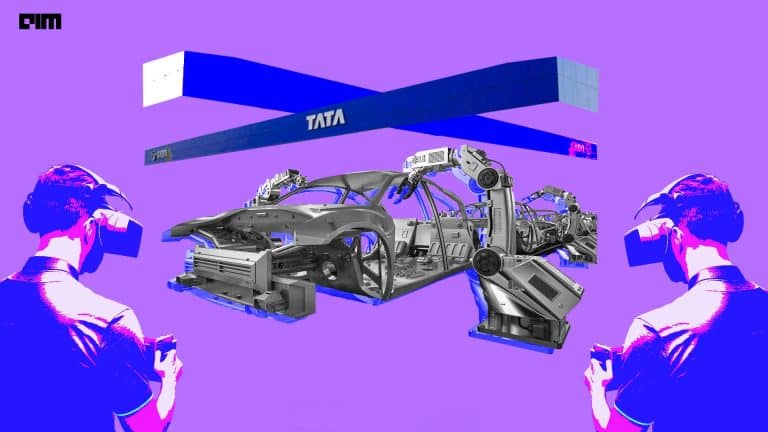|
Listen to this story
|
AI, specifically generative AI, is spearheading about every industry now. Global events marketplace, Eventbrite, is bringing it into the events sector in the most creative way possible and creating efficient working environments.
In a recent interview, Vivek Sagi, the CTO of Eventbrite, shed light on his professional journey, the company’s innovative use of AI and how it manages remote engineering teams, besides touching upon the future of event technology. Sagi, whose career spans various tech sectors, also shared his insights into Eventbrite’s approach to leveraging AI to enhance event creation, promotion, and attendee experience.
Sagi’s journey to becoming the CTO of Eventbrite began with a tryst with AI during his schooling at IIT Madras and further studies at Penn State University and the Wharton School in the United States. He described his career as divided into four phases, from startups to big tech, leading him to Eventbrite, where he found his “sweet spot”.
As a CTO, Sagi outlined his primary responsibilities, emphasising a customer-centric approach to managing a globally distributed engineering team spread over 13 countries. He highlighted the importance of staying up-to-date with rapidly evolving technologies to drive innovation and maintain the company’s market leadership.
AI in events is all about personalisation
One of the most intriguing aspects of Eventbrite’s innovative use of AI, as Sagi explained, is its integration into the platform, streamlining event creation, generating promotional content, and enhancing personalised recommendations for users. Through AI-powered tools, creators can launch ad campaigns faster and achieve better engagement, leading to increased ticket sales.
“Using AI, we generate the entire event description with images and let customers pick the one that works for them,” Sagi explained how generative AI brought down the duration of creating promotional content from hours to just three minutes.
“Generative AI has become really good at generating content such as copies for social media,” Sagi said, highlighting that an AI-generated copy, when done at scale, drives about 17% better cost per click compared to human-generated content. He also noted that creators who use AI tools are launching ad campaigns at a 30% faster rate. Sagi said that initial results indicated that event creators who use Eventbrite’s built-in tools for paid social campaigns sell up to 63% more tickets compared to those who do not.
In 2022, Eventbrite issued nearly 300 million tickets to approximately 5 million events in nearly 180 countries. This has led to the company amassing large amounts of data, much of which is user-generated. Eventbrite is utilising this information – including unstructured data – to create personalised events for its customers, to connect them to the right creators, solve cross-channel problems, and make everything available at one spot.
Sagi also discussed the future of AI in the events industry around advancements such as AI-generated videos and personalised event experiences. He emphasised the potential for AI to enhance human connections during live events, enabling even remote attendees to share in the experience. “With synthesised AI music, you can have a whole orchestra without paying for a label, also offering great personalisation,” said Sagi.
Creating the perfect remote and asynchronous team environment
In a fascinating personal insight, Sagi revealed that he gets inspiration for working remotely from a ranch in Texas, where he finds comfort in the company of nature, a menagerie of animals, and fund-raising efforts that support animal welfare. His unconventional work environment reflects Eventbrite’s commitment to flexibility and creativity in its approach to technology and innovation.

Vivek Sagi, in his Texas Ranch, inspires Techies to work from where they work best.
Sagi shared Eventbrite’s approach, which prioritises empowerment, clear goal-setting, and the use of collaborative tools. He emphasised the importance of rituals like daily stand-ups and sprint demos while allowing teams flexible working arrangements. “It’s our passion to empower teams and give them full ownership of their work,” he said.
“It is also essential that our teams do not work in a vacuum.” Sagi said that Eventbrite’s approach involves having all the different teams, such as creators, engineers, product managers, etc., in the same time zone. Sagi also believes that enterprise software has also been a game changer when it comes to working remotely efficiently.
Further, Sagi pointed out Eventbrite’s commitment to a “flexible-first” environment, enabling employees to work remotely while maintaining essential team rituals and fostering collaboration. He also discussed the company’s shift toward a distributed executive team, in line with the trend of post-pandemic remote work.
Eventbrite believes in a DevOps model, which means “when an engineer is done building the code, they can push it into production with the click of a button, and not depend on a chain of human beings along the way to make that happen”.
“Letting the engineers be productive and getting the code out in front of our consumers and creators as quickly as possible has been the biggest technological strength that we have built,” concluded Sagi.


